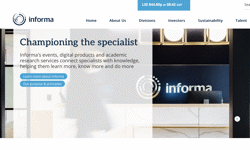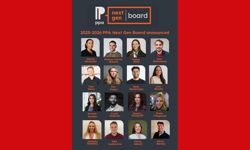
The acronym KISS (keep it simple, stupid) has stood the test of time. First coined in the early 60s by a US navy engineer, the KISS principle states, according to Wikipedia, that “most systems work best if they are kept simple rather than made complicated; therefore, simplicity should be a key goal in design, and unnecessary complexity should be avoided”.
I was reminded of this talking to Sharon Cooper, CDO at the Economist Intelligence Unit (EIU), in our latest podcast, in that so much of her approach seemed geared to focusing on what was important and not being distracted by extraneous matters.
Take website design. Her advice to EIU’s designers is not to get “too fancy” because their busy users will not thank them for making them jump through hoops to get the information they need. B2B users now expect the sites and tools they use to be as simple as the best B2C experience.
With data being so valuable, there can be an understandable impulse to collect as much of it as possible. But guard against that; if the data is not useful, then why acquire it? “It’s important,” she says, “not to overload with lots of data that doesn’t actually make a difference to the story you’re trying to tell”.
In the world of business information providers, clients and users increasingly have access to the same data and tools as the publisher. So, if they can access and manipulate the data themselves, then where does that leave firms like the EIU? In this new ecosystem, where clients can do it for themselves, says Sharon, publishers need to be laser focused on where they add value, which in the case of the EIU, is in the quality of its analysis and forecasting.
The ability to keep things simple is important not only for CDOs but for everyone in publishing, but it’s not easy: “Simple can be harder than complex,” said Steve Jobs: “You have to work hard to get your thinking clean to make it simple. But it’s worth it in the end because once you get there, you can move mountains.”
You can catch James Evelegh’s regular column in the InPubWeekly newsletter, which you can register to receive here.










